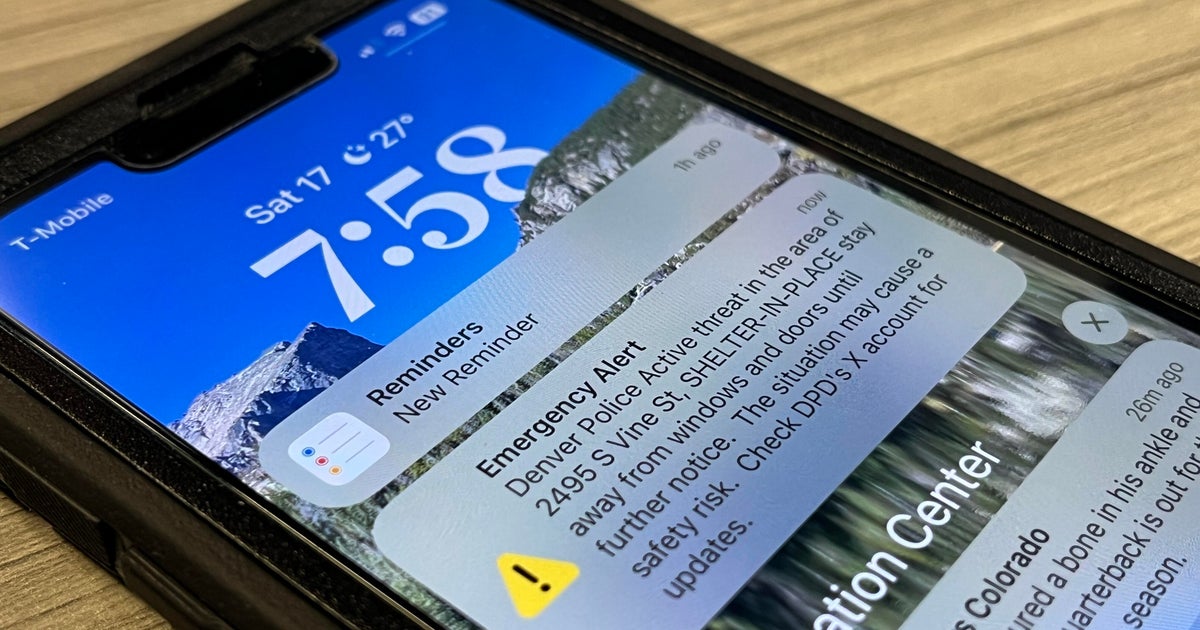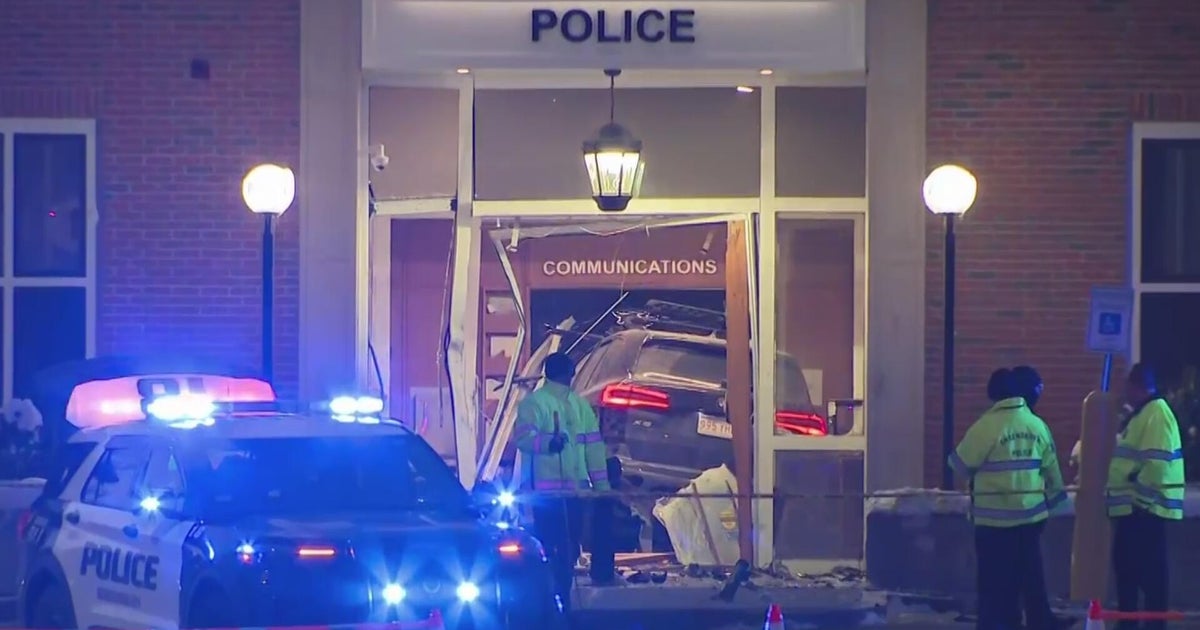John Elliott shares update as doctors examine pancreatic cyst
NEW JERSEY - Some critical health research is going on in our area, and John Elliott is participating in a study.
He's participating in a pancreatic cyst surveillance research initiative at Cooperman Barnabas Medical Center. Doctors told him to get an endoscopy with ultrasound, so he did.
"You never want to ignore something that could later on cause more damage to you," said Dr. David Rahni, an interventional gastroenterologist at Cooperman Barnabas Medical Center. "What we're trying to do here is find out as much information as we can about a cyst that has the potential - a very small potential - of doing you harm in the future."
The five year survivability rate for patients with pancreatic cancer has gone up the past two years, and that's great news. But it's still just at 12%. That's why surveillance programs like the one Elliott is participating in are so important.
"Unfortunately, we've made no progress in the last 30 years when it comes to management and prognosis," Rahni said. "The best policy or best management is to try to prevent it in the first place, and that's what we're trying to do here."
"Most of these pancreatic cysts never turn into anything," Rahni added. "Some of them turn into cancer, and what we're trying to do here is understand why and which ones do turn into cancer, so that we can prevent it in the future."
Rahni explained the procedure.
"Your pancreas sits behind your stomach, so with the endoscope and ultrasound, we're going to examine the pancreas, see if there are any lesions, see if there are any cysts. And then we have the ability with the needle to go right through your stomach and sample any lesion of your pancreas," he said. "We're understanding more and more how these pancreatic cysts act over many years, depending on their size, their characteristics, their genetic analysis. For you, we're trying to establish what type of cyst it is, so we know what to do in the future."








